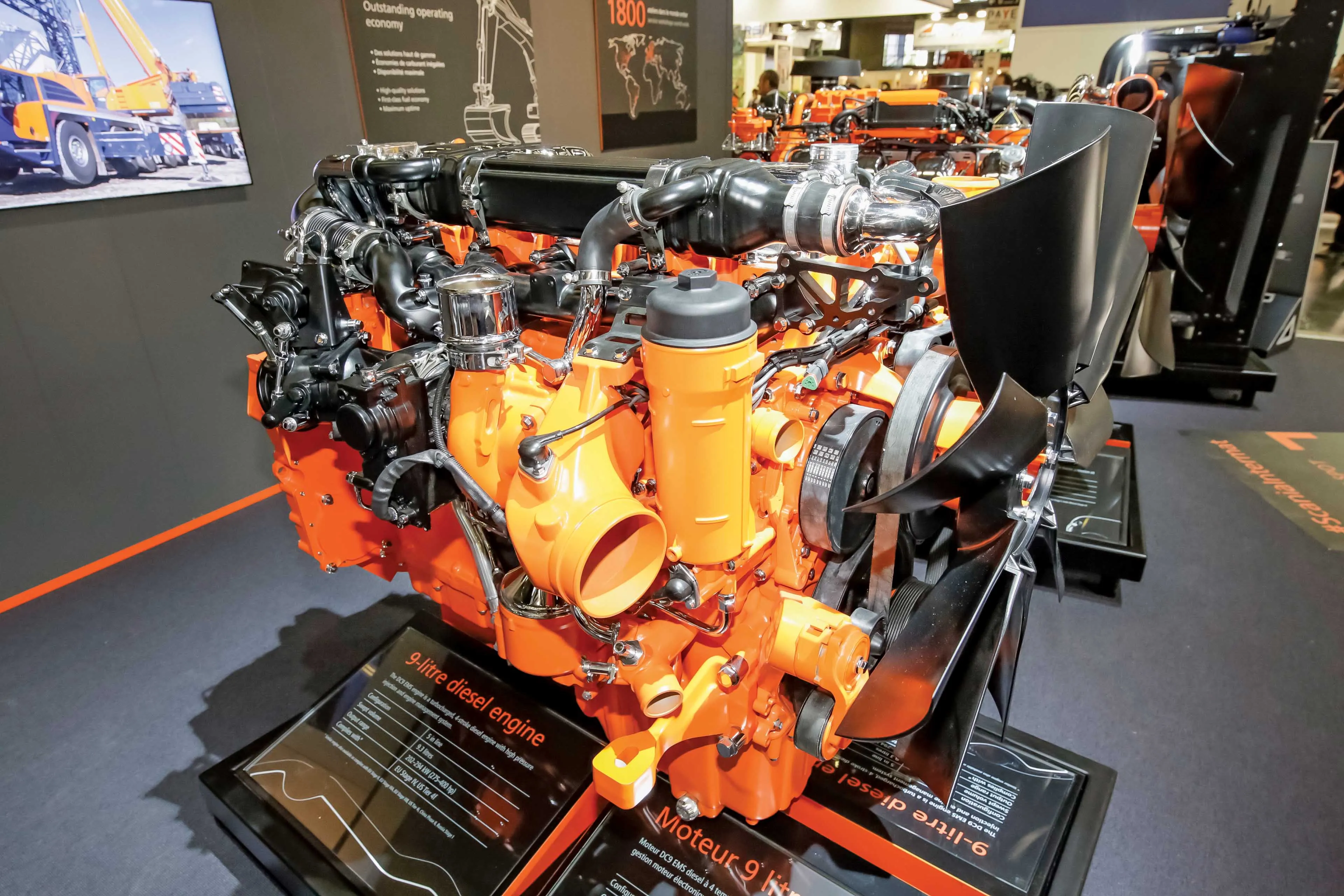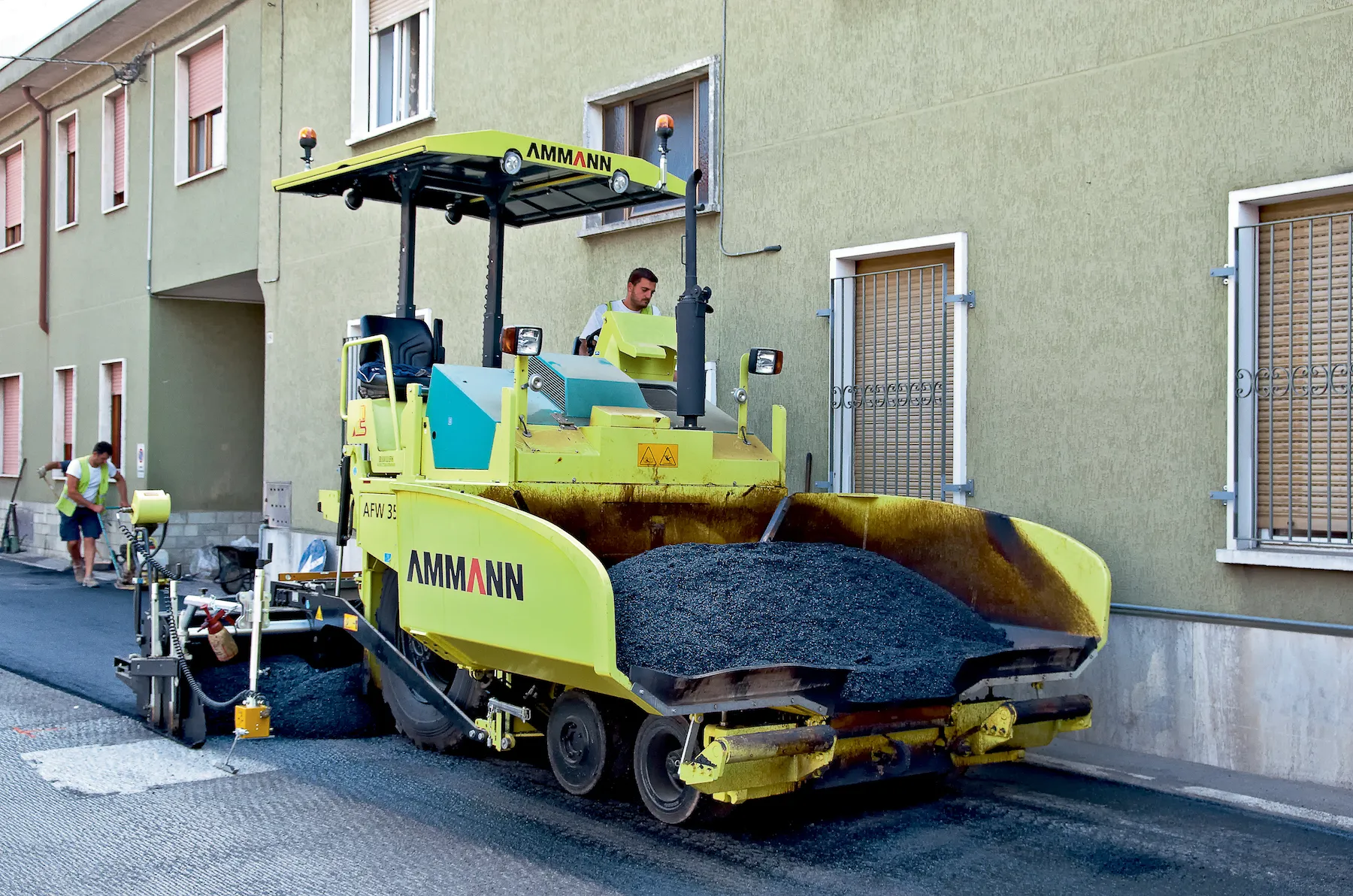Clean vehicle technology specialist Zytek looks set to invest in developing new drivetrain technologies.
March 2, 2012
Read time: 2 mins
Clean vehicle technology specialist Zytek looks set to invest in developing new drivetrain technologies. This comes following the award of a grant worth €1.57 million from the UK Government's Regional Growth Fund, which will support the development of an Electric Powertrain Technologies Centre.
The facility will be based at the Zytek's technical centre in Staffordshire (UK) and will be used to develop low carbon technologies for the automotive industry and other sectors.
In the future a further €4.23 million will be invested by Zytek, bringing the total up to €5.8 million. The firm has considerable experience developing and integrating advanced electric and hybrid powertrains for leading vehicle manufacturers. This new grant and future financing will ensure that the firm continues to drive innovation, allowing it to introduce next-generation technologies that will improve the range and cost of electric and hybrid vehicles.
The main focus of the centre will be on the development of high-efficiency, light-weight electric motors, inverters and energy storage systems. The company points out that electric vehicles are at an interesting phase in their development, with significant improvements being in power electronics and energy storage systems.
3556 Zytek Automotive has designed and integrated electric drive systems for a wide range of European and US vehicle manufacturers. The company is currently building high performance electric drivetrains from 25kW -70kW and has drives of 100kW and more in development to meet growing demand for zero emissions light commercial vehicles and high-performance passenger cars.
The UK facility can integrate up to 6,000 E drives a year in batches as low as 100, providing vehicle manufacturers with a highly flexible specialist production resource for its low carbon vehicle programmes.
The facility will be based at the Zytek's technical centre in Staffordshire (UK) and will be used to develop low carbon technologies for the automotive industry and other sectors.
In the future a further €4.23 million will be invested by Zytek, bringing the total up to €5.8 million. The firm has considerable experience developing and integrating advanced electric and hybrid powertrains for leading vehicle manufacturers. This new grant and future financing will ensure that the firm continues to drive innovation, allowing it to introduce next-generation technologies that will improve the range and cost of electric and hybrid vehicles.
The main focus of the centre will be on the development of high-efficiency, light-weight electric motors, inverters and energy storage systems. The company points out that electric vehicles are at an interesting phase in their development, with significant improvements being in power electronics and energy storage systems.
The UK facility can integrate up to 6,000 E drives a year in batches as low as 100, providing vehicle manufacturers with a highly flexible specialist production resource for its low carbon vehicle programmes.








